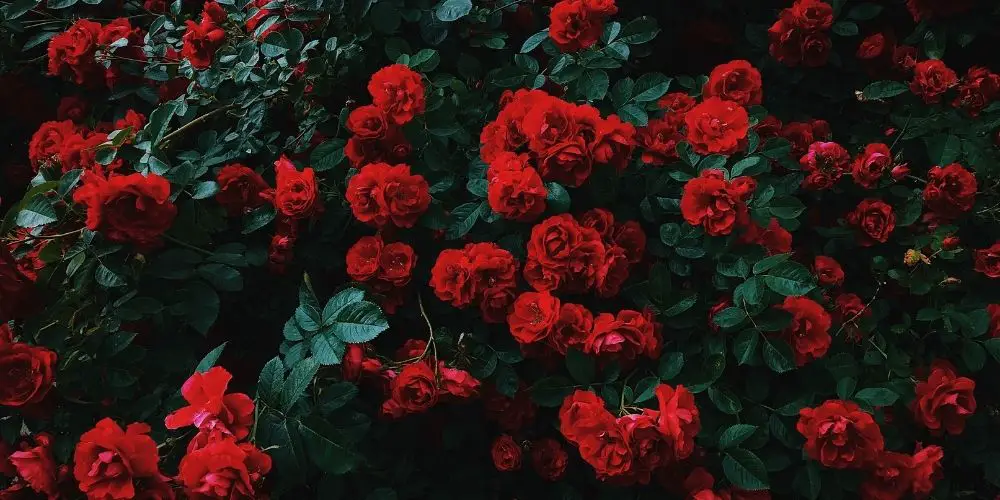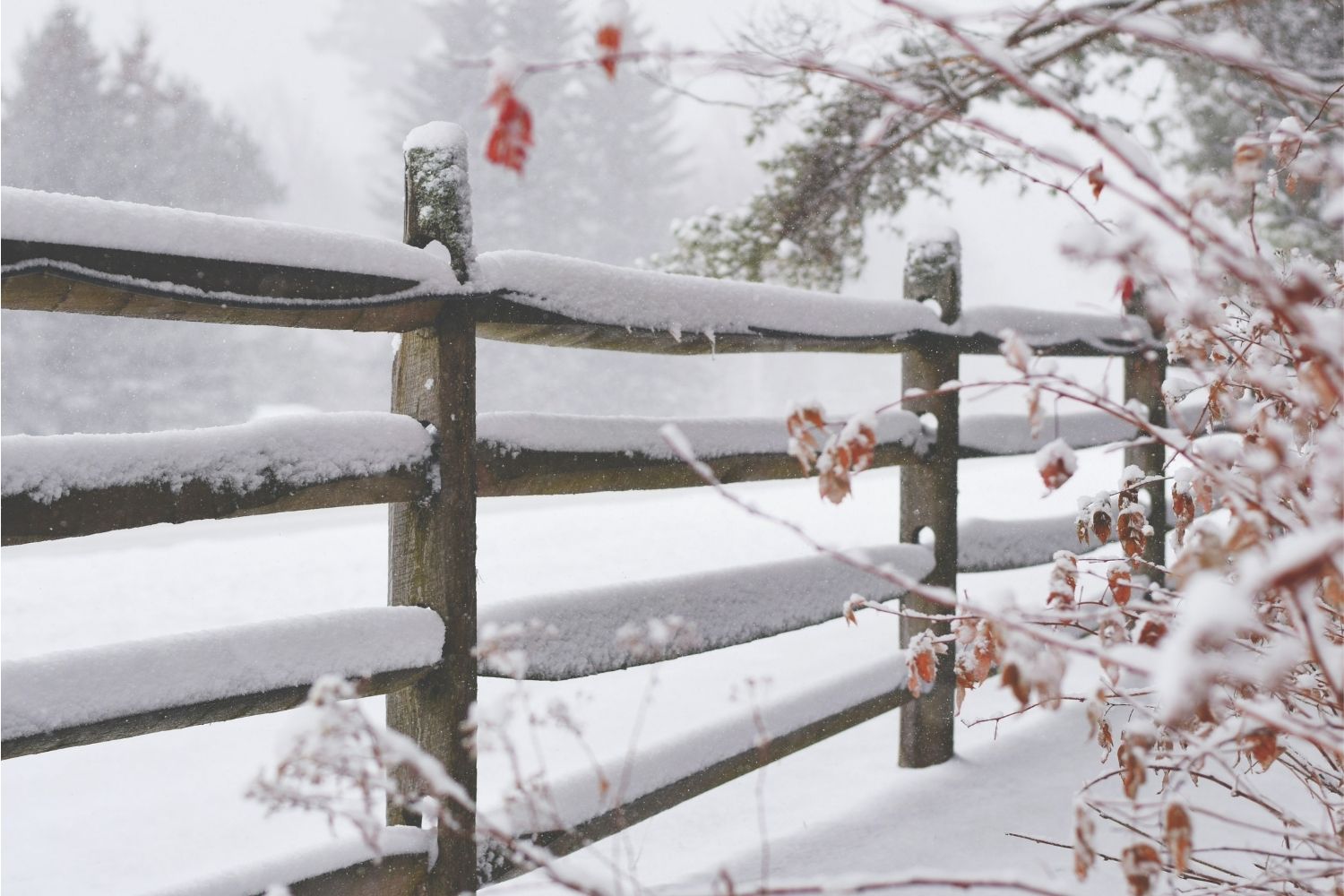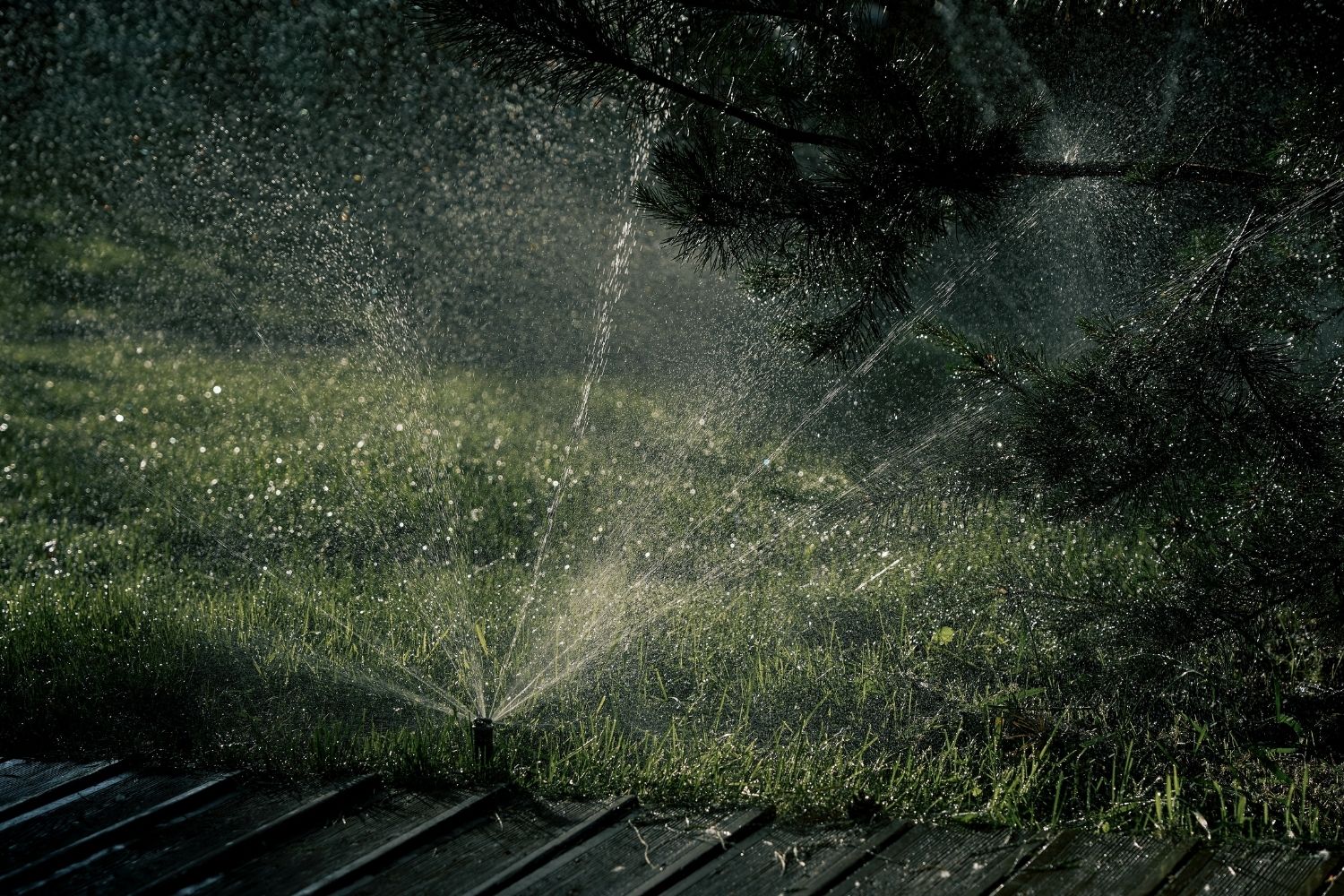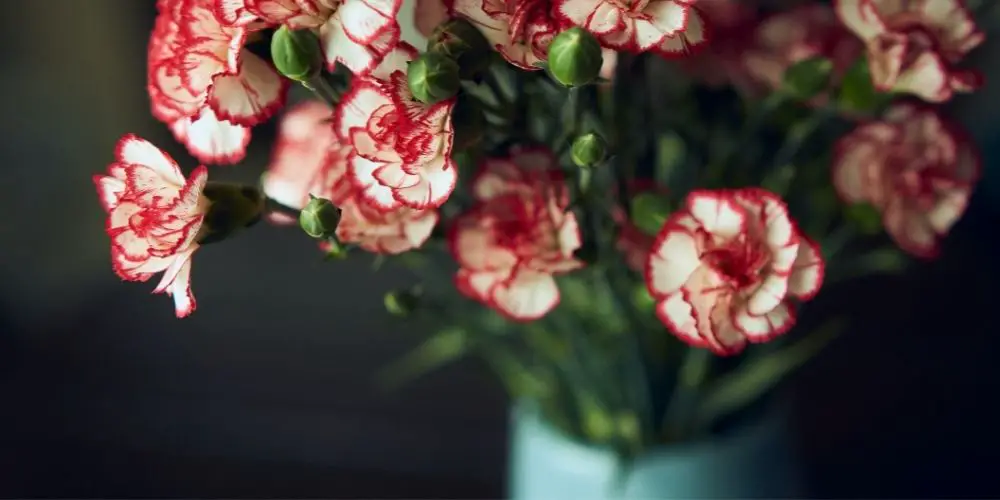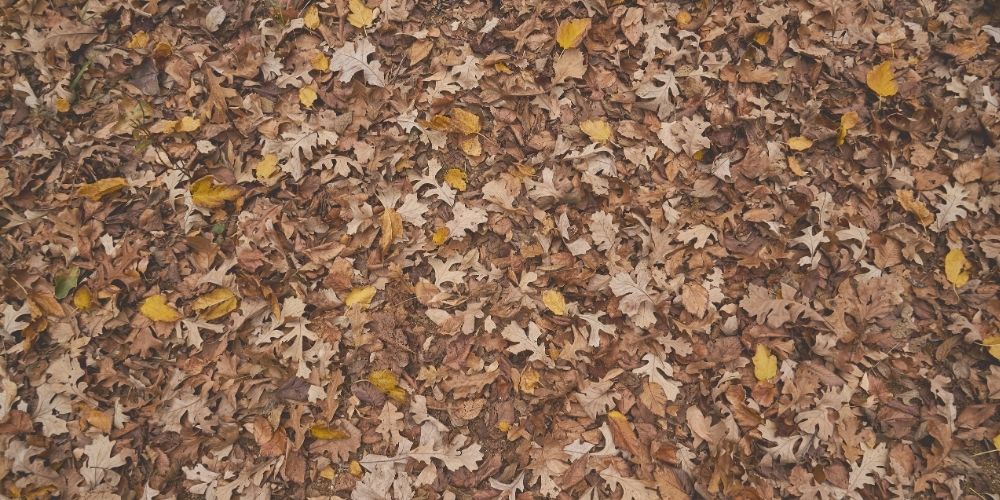Roses are a beautiful, vibrant flower choice for your garden but can be tedious if you give them incorrect care. It is important to choose to plant them in a place with a generous amount of direct sunlight with partial shade to protect them during the hot summers.
There are a few soil factors that also contribute to the health of your roses. These plants enjoy a well drained soil that is rich in nutrients, neutral pH levels, and a loamy, porous substrate.
In this article we will discuss how to properly prepare a rose bed with compost and how to administer fertilizer if needed.
What kind of compost should I use?

There are many compost types rich in nutrients such as nitrogen, potassium and phosphorus ( N ; P : K ) that are available in most garden centers and can make a tremendous boost in bloom quality.
Roses prefer a pH level of around 7, so you want to check the compost pH before applying something that may be too alkaline or acidic that could deplete micronutrients. Optionally, you can also pick up a pH test for your current soil if you plan on adding compost at the beginning of a growing season.
When choosing a compost, roses tend to thrive in compost that is loamy ( soil that is composed of sand, silt and small amounts of clay ) and made of organic materials ( nutrient rich decaying plant matter or manure ).
What can I put in my compost for roses?
You can make your own compost at home using thing such as egg shells or banana peels. There are many common household waste products that are full of nutrients that roses love. Egg shells are rich in calcium, which may strengthen your plant’s stem cell walls providing protection against pests and disease.
Adding leftover banana peels can be incorporated to your compost for extra potassium that can help enlarge and encourage healthy, beautiful blooms. Roses also thrive from alfalfa ( which can be administered in pellet for or brewed into alfalfa tea ) as this helps invigorate blooming. Blood meal is another option that can give your roses a dose of nitrogen. Be cautious of adding coffee grounds as these can lead to a nitrogen burn and ultimately kill your rose plants.
You can also add manure for beneficial nourishment. Composted manure is better than raw manure, because of the chemical reactions that may burn the roses in fresh manure have been left age and provide a better environment for your plant’s roots.
There are different types of manure as well which contain different concentrations of nutrients. For example poultry manure is high in nitrogen and phosphorus, while sheep manure tends to be higher in potassium concentration. Again, it is important to check the soil pH levels to know what your plants may be deficient in.
- What kind of soil do Lemon Trees need?
- How to plant Roses: 6 easy steps
- Can Compost Worms Survive Winter?
Conclusion
Roses need a soil that drains well, so be sure you have plenty of loam, peat moss, and organic matter in your rose compost. Mulch is another useful material that can be used as the rose beds top layer to keep the soil moist and prevent weeds from stealing nutrients from your roses. Now that you know the basics of compost enrichment, go try some new techniques with your roses!

